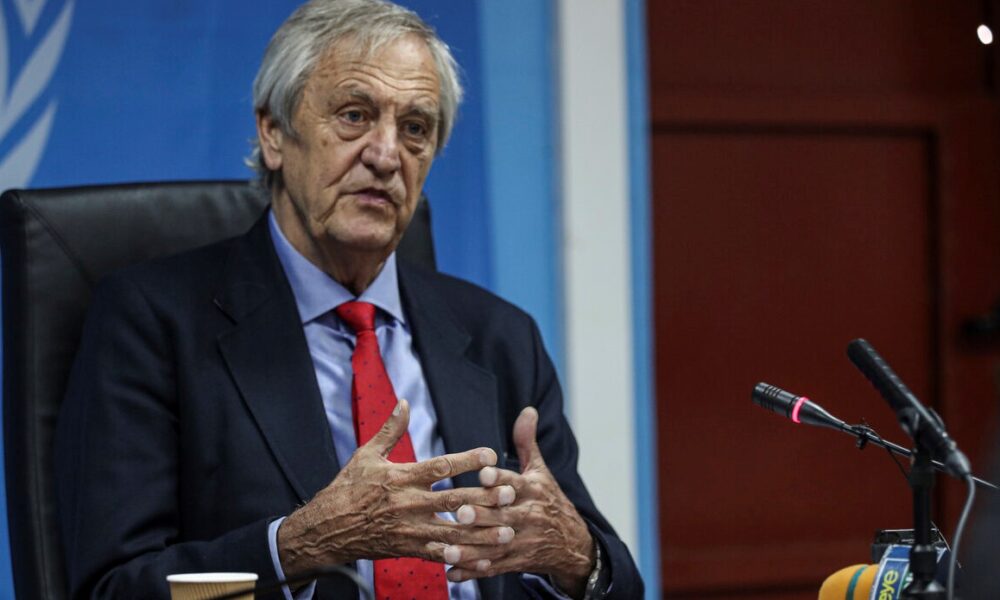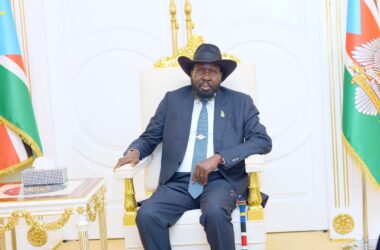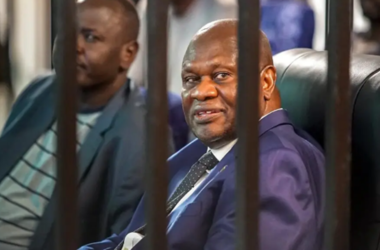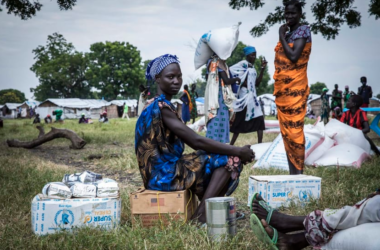By Philip Buda Ladu
South Sudan stands is at a perilous juncture, with escalating political tensions threatening to unravel a fragile peace deal and ignite renewed conflict in the already crisis-stricken nation.
The head of the UN Mission in South Sudan (UNMISS) sounded warning to the Security Council on Wednesday.
Nicholas Haysom, Special Representative of the UN Secretary-General for South Sudan, delivered a grave briefing, highlighting a dangerous political standoff between President Salva Kiir and former First Vice President Riek Machar, the two principal signatories to the 2018 Revitalized Peace Agreement.
He stated that this tension has now “degenerated into direct military confrontation,” raising fears of a return to widespread violence.
Haysom pointed to mounting volatility in Upper Nile state, fueled by reports of renewed mobilization by the White Army militia and the South Sudan People’s Defence Forces (SSPDF), as well as alleged child recruitment and the deployment of Ugandan forces at the government’s request.
The UNMISS chief further cautioned that “misinformation, disinformation and hate speech are fuelling political and ethnic tensions,” creating a highly volatile environment.
“This situation is darkly reminiscent of the conflicts of 2013 and 2016, which cost over 400,000 lives,” Haysom told the Security Council, underscoring the urgency of the situation.
“The overriding imperative now is to urgently avert a relapse into full-scale conflict, refocus efforts on accelerating the implementation of the Agreement, and advance the transition towards South Sudan’s first democratic elections” he echoed.
The top UN envoy in the country stressed the critical need for collective action by both national and international stakeholders to secure an immediate cessation of hostilities, preserve the Revitalized Peace Agreement, and break the “continuous cycles of incomplete transitions” that have plagued the country.
Mr. Haysom urged the parties to resolve their differences through dialogue, build trust, and recommit to the peace agreement and consensus-based decision-making, with a firm commitment against a return to war.
He drew a plain parallel with the ongoing conflict in neighboring Sudan, cautioning against complacency.
“We need look no further than across the northern border to Sudan for a glaring reminder of how quickly a country can descend into catastrophic conflict. This region cannot afford another crisis that could further destabilize an already fragile landscape,” he emphasized.
The head of UNMISS highlighted the mission’s ongoing diplomatic efforts, alongside the African Union, the regional bloc IGAD, Pope Francis, and others, to urge restraint and facilitate dialogue.
He also called on the Security Council to support steps aimed at easing tensions, particularly in the Nasir region of Upper Nile state, ensuring respect for the ceasefire, securing the release of detained officials, and encouraging South Sudan’s leaders to prioritize the interests of their people.
Haysom acknowledged the limitations faced by UNMISS, a peacekeeping mission, particularly in the face of escalating conflict and challenges such as access denials and operating constraints.
“UNMISS is a peacekeeping mission – not an army – and cannot be everywhere, all at once,” he stated.
The deteriorating political and security situation is unfolding against a backdrop of a worsening humanitarian crisis, which the UN Office for the Coordination of Humanitarian Affairs (OCHA) has described as a “humanitarian nightmare in the making.”
As reported by OCHA Director of Operations Edem Wosornu in a separate briefing, over 9.3 million people – three-quarters of South Sudan’s population – require humanitarian assistance, with children comprising about half of that number.
Insecurity in Upper Nile since February has displaced 130,000 people, and nearly 7.7 million face acute food insecurity according to the UN.
Both Haysom and Wosornu emphasized that humanitarian aid alone cannot resolve the underlying political issues.
They stressed the urgent need for sustained and coordinated political will from national leaders, regional guarantors, and the international community to prevent the situation from spiraling into further catastrophe.
“Another war is a risk South Sudan simply cannot afford, nor can the wider region,” Haysom concluded. “The Revitalized Peace Agreement remains the only viable framework to break this cycle of violence in South Sudan.”




